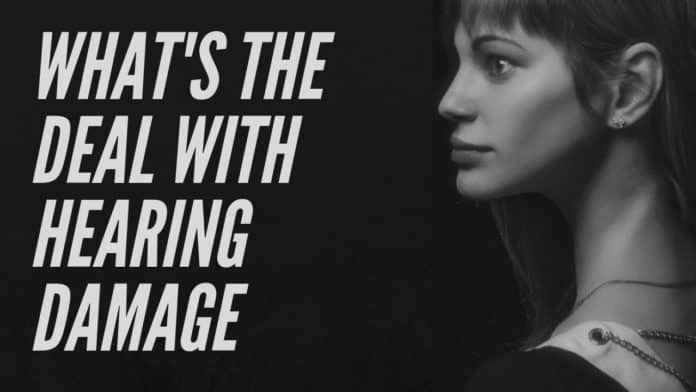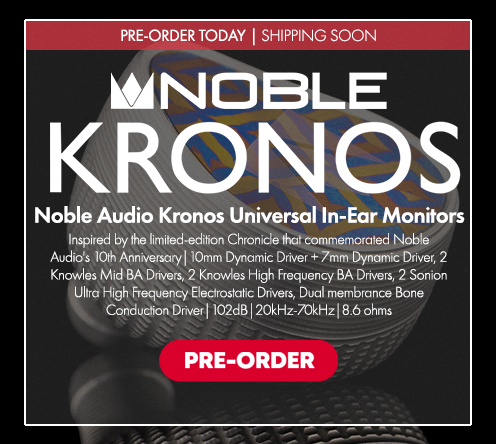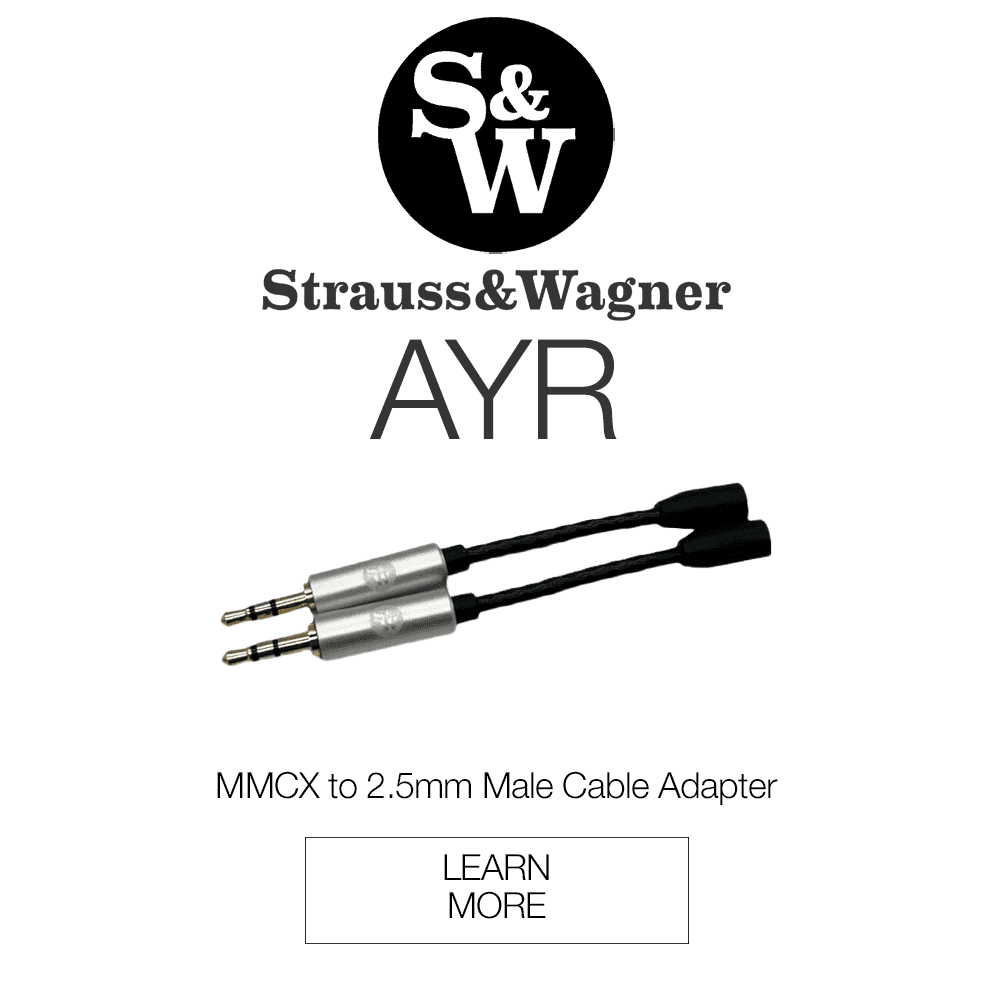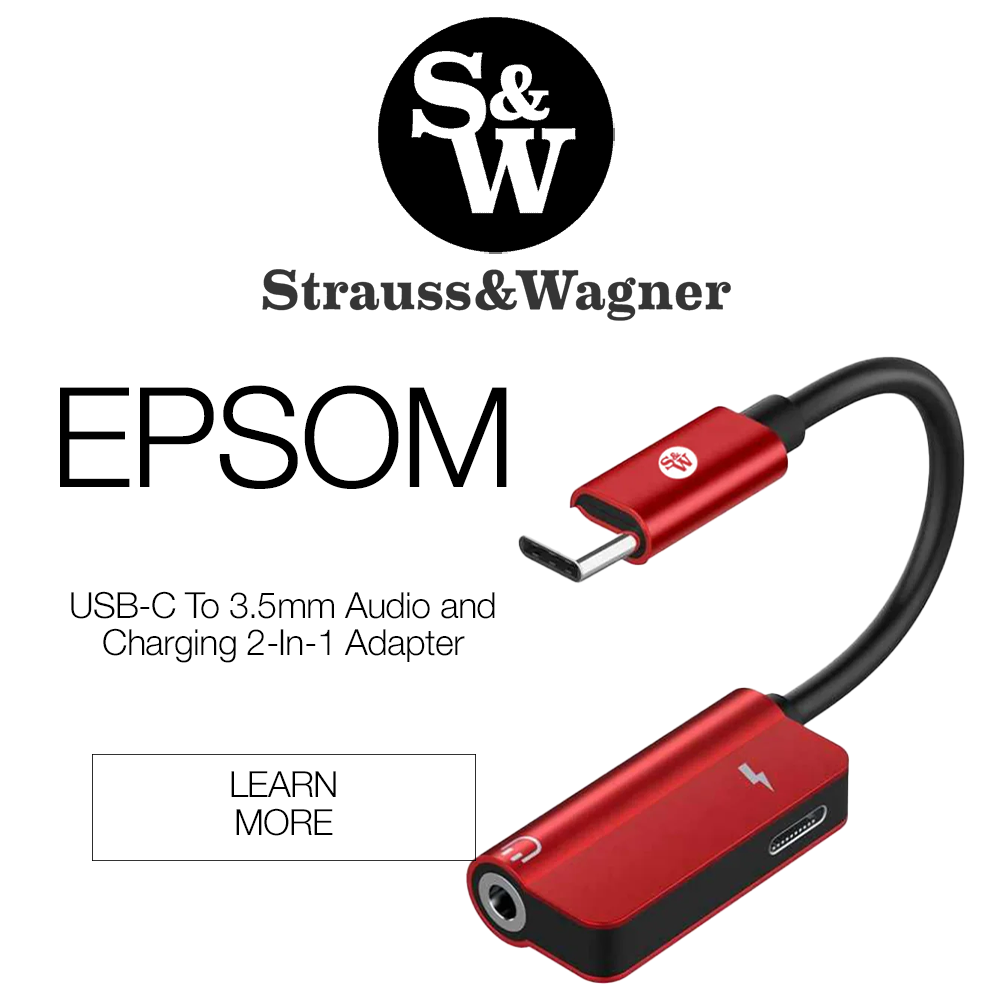With the fall season upon us, it reminded me of what happens when I get sick. My face gets stuffy, my ears clog up, and my head feels like a balloon. But the part that bothers me the most is that I can’t hear so well. Thinking about this makes me glad my hearing is intact now. But being human, we are all exposed to sounds that are too loud in life. As a result, we all will experience hearing damage over the course of our lifetimes. So this week, I want to look closer at hearing damage. I’ll go through how our hearing works, how that hearing can get damaged by noise, and how we might prevent it so we can continue to enjoy our music for years to come!
08 Episode_What’s the Deal with Hearing Damage?
How do we hear? – What’s the Deal with Hearing Damage?
1.) Soundwaves enter the ear canal and hit the eardrum.
2.) The eardrum vibrates, and the vibrations travel to 3 tiny bones in the middle ear.
3.) These bones vibrate fluid in the cochlea which is in the inner ear.
5.) Inside the cochlea is a partition called the basilar membrane. Hair cells on the basilar membrane. When the fluid vibrates, a wave forms on the basilar membrane, moving the little hairs on it.
6.) Stereocilia, hairlike structures on the hair cells, react when the hairs move. Their tips open up and chemicals rush in. This causes an electrical signal.
7.) The electrical signal then travels to the brain via the auditory nerve and we hear beautiful music!
What happens when hearing is damaged from noise? – What’s the Deal with Hearing Damage?
When someone experiences hearing damage caused by noise, most of the time it is because the hairs in the cochlea get damaged. When the hair cells die, they don’t grow back, so many times noise-induced hearing damage is permanent. Noise can also damage the auditory nerve.
Often times it happens so gradually that we don’t really notice it. You might find that you can’t quite understand people when they talk. You might find you need to raise the volume on the TV. But as many as 30% to 50% of hair cells can die before being able to measure it on a hearing test.
What causes noise induced hearing damage? – What’s the Deal with Hearing Damage?
Noise-Induced Hearing Damage occurs from prolonged exposure to loud sound or transient exposure to very loud sounds like a gunshot for example. As a general guide, these are the levels to be aware of:
At 90 dBm for example a hairdryer, your ears can handle up to two hours of prolonged exposure without damage.
At 100 dB, for example a snow mobile, your ears can handle only 15 minutes
At 112 dB, for example at a rock concert, your ears can handle only 1 minute
At 140, for example, a gunshot, your auditory nerve is immediately damaged.
How can we prevent hearing damage? – What’s the Deal with Hearing Damage?
In the case of noise-induced hearing damage, knowledge is power. In order to prevent hearing damage, know what causes it. Once you know that, you can avoid it.
You can avoid it by wearing ear plugs when you know you’re going to be in loud environments. For example, even just getting the inexpensive foam plugs from the corner store will help!
If you don’t have earplugs with you, limit the amount of time you spend in loud environments. For example, if you love listening to loud music on your headphones, do it! But limit the amount of time to just a few minutes.
Overall – What’s the Deal with Hearing Damage?
It’s my goal to make ear plugs cool! I wear them every time I go out to a show or bar, and bring extras for friends if they want them. Do the same for yourself and for your friends if you can. Your ears are precious! Treat them right.
To support MajorHiFi, order your headphone gear from Audio46 with the code “majorhifi” at checkout.
Compare the ranking of various headphones, earbuds and in-ear monitors using our tools.
Discuss this, and much more, over on our forum.
---MAJORHIFI may receive commissions from retail offers.















